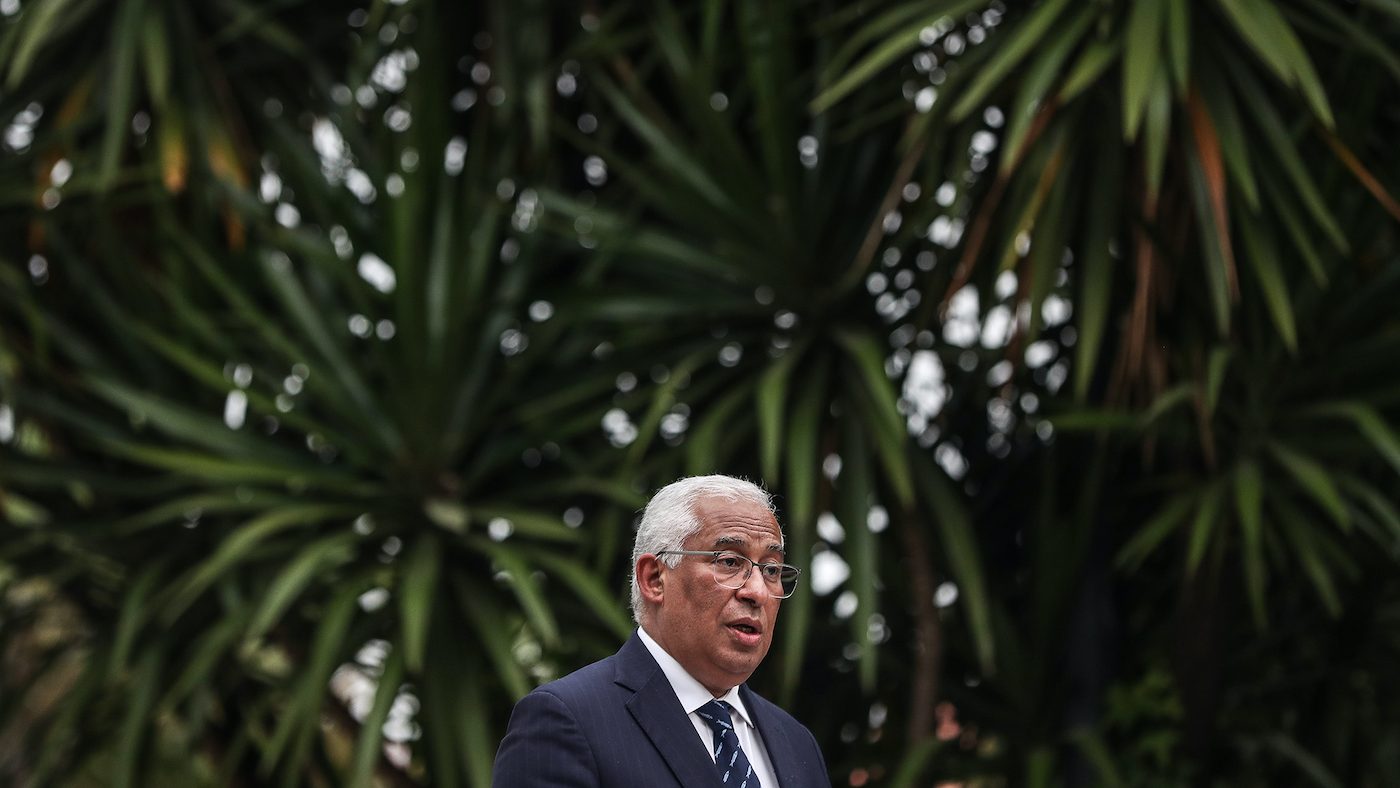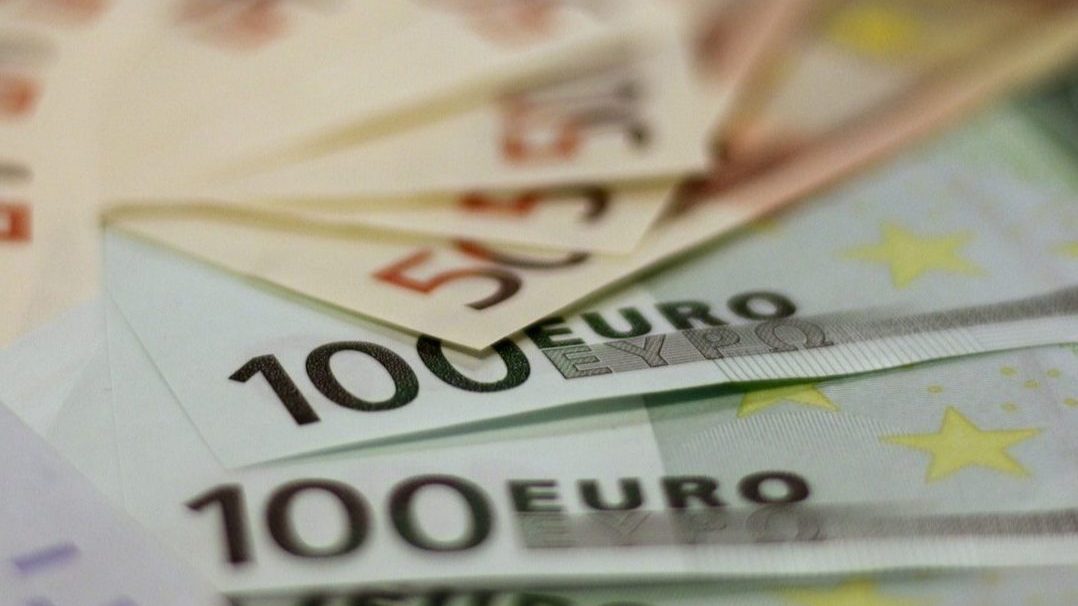‘We cannot always be in a crescendo of tension with Russia’
António Costa argued on Thursday that the EU should engage in dialogue with Moscow, in addition to adopting "preventive measures" for possible military aggression on Ukraine.
The prime minister, António Costa, argued on Thursday that the EU should engage in dialogue with Moscow, in addition to adopting “preventive measures” for possible military aggression on Ukraine, as it is inadvisable “to always be in a crescendo of tension with Russia”.
“I think we have to move towards a situation that contributes positively to a situation of détente, a situation which makes a positive contribution towards détente and, on the other hand, in the context of NATO, take all necessary measures to ensure that international law is complied with and respected”, he told the press at the start of a European Council meeting marked by tensions in the East, and in particular by the heavy concentration of Russian military resources on the border with Ukraine.
It is also important to ensure that the EU does not lose sight of the fact that it has a “double dimension” and that it continues to invest in diplomacy.
“We cannot always be in a crescendo of tension with Russia, and therefore we have to act in two dimensions,” he said, pointing out that the first dimension is “dialogue” and arguing that this should continue in the so-called “Normandy Format”, the negotiating forum involving Russia, Ukraine, France and Germany, and which in his opinion “has worked well”.
After already having addressed the tension between Russia and Ukraine at Wednesday’s Eastern Partnership summit in Brussels, the leaders of the 27 will discuss the issue again at today’s European Council meeting.
At the end of Wednesday’s meeting, which brought together EU leaders and the heads of state and government of Ukraine, Armenia, Azerbaijan, Georgia and Moldova – Alexander Lukashenko’s Belarus is currently outside the partnership – European Council President Charles Michel and Commission President Ursula von der Leyen reiterated their warning messages to Moscow, assuring that any aggression to Ukraine’s territorial integrity and sovereignty will have “a high price”.
“We had the opportunity to reaffirm our support for Ukraine, our support for its territorial integrity and sovereignty. Tomorrow [Thursday], in the format of the European Council, we will have the opportunity to return to this issue and to say strongly, together with our partners, in the framework of NATO, of the G7, of our relations with the United States, the United Kingdom, Canada, that in the event of military aggression against Ukraine, there will be a strong response and a high price to be paid by the perpetrators of such aggression,” Charles Michel said.
Von der Leyen also referred to the “shared concern” of all Eastern Partnership members about Russia’s concentration of military means on the border with Ukraine and again urged Moscow to refrain from any aggressive act.
“There should be no doubt: the EU will respond very firmly to any aggression against Ukraine […] If Russia commits aggressive actions against Ukraine, the price will be high and the consequences serious”.
Possible new sanctions on Moscow will not however be on the table of EU leaders today, as several heads of state and government consider that taking tougher action at this stage would only contribute to escalating tension with Moscow.


